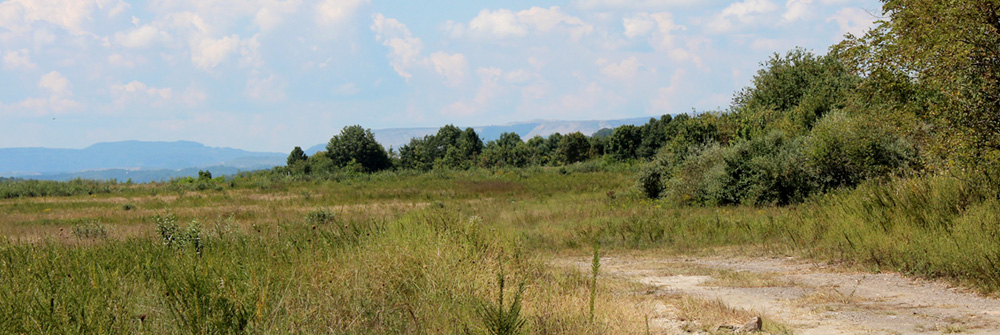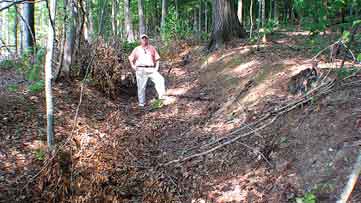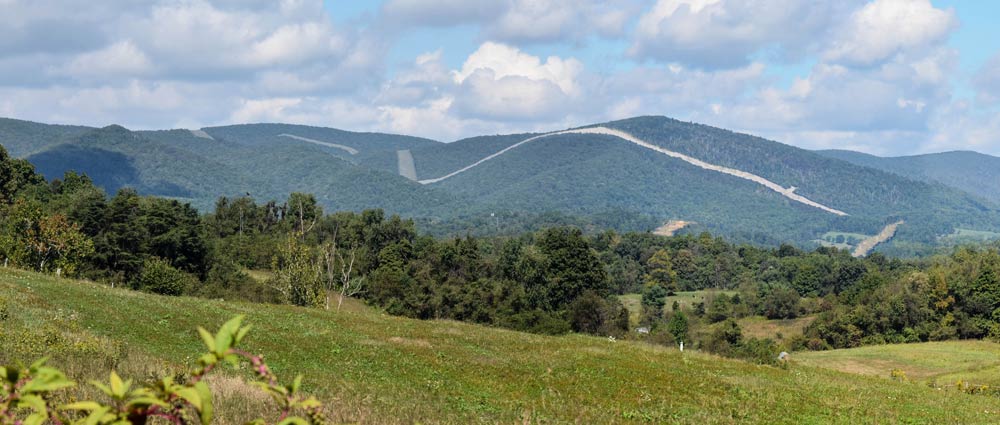Cleaning Up Coal Ash
For well over a century, power plants across the country have burned coal to generate electricity. And for just as long, leftover coal ash has been dumped in open, unlined pits near the power plant, usually located on a river or lake. Every year, U.S. power plants produce 130 million tons of coal ash, which is the second largest waste stream in the country after municipal garbage.
Coal ash concentrates the toxic heavy metals found in coal, including arsenic, mercury, lead and selenium. Stored in unlined, wet impoundments, coal ash has been leaking these toxics into our groundwater and surface waters for years. Sometimes these impoundments collapse — with disastrous results.
Yet government regulations for coal ash management are either non-existent or sparse, and there is little enforcement of the regulations that do exist. In North Carolina, this lack of oversight — and the complicity between state regulators, elected officials and Duke Energy — came to a boiling point in February 2014 when one of Duke’s coal ash impoundments spilled 39 million tons of ash into the Dan River.
Citizens living near North Carolina’s 33 coal ash impoundments — all of which have leaked — have fought for transparency from Duke and the state, and for cleanup of the pollution that threatens their property value, health and family. Their actions forced this issue into the headlines of news networks and to the forefront of environmental justice conversations in the United States.
Appalachian Voices stood with these communities as we worked for years to compel Duke Energy and the N.C. Department of Environmental Quality to excavate coal ash from all the North Carolina sites and dispose of it either in lined, dry landfills, away from waterways, or by recycling it for concrete or other uses, provided it’s done in a manner that protects public health and the environment.
On Jan. 2, 2020, North Carolina announced a historic settlement with one of the state’s most powerful corporations and polluters, Duke Energy. The settlement requires Duke to move nearly 80 million tons of toxic coal ash at six of its power plants to properly lined landfills onsite or recycle it.

Learn information about specific coal ash impoundments in the South, including health threats and safety ratings:
Additional Resources
Fact sheets, videos, links to academic research, and more
Sign Up to Act
Help us protect the health of our communities and waterways.
Latest News
Why is Dominion’s IRP important for Virginia’s future?
In Virginia, electric utilities providing public services are regulated to ensure that they balance reliability, sustainability, and affordability. That balancing act is what “integrated resource planning” is all about. In this blog, we dive into the recent plan from Dominion Virginia Power, the heavyweight in the state’s electric sector whose choices affect not only its customers, but virtually all of us, and our environment.
Senate bill signals hope for economy in Appalachian coal communities
Contact: Adam Wells, Economic Diversification Program Manager, 804-240-4372,…
Trouble is afoot in NC special session
After days of deflecting questions and refusing to explain their priorities for the “emergency session,” Republicans introduced a slew of bills that would make sweeping changes and dramatically shift the balance of power away from the governor. Take action to stop this blatant abuse of power.
Following Cherokee Footpaths
Hundreds of years ago, before interstate highways drove through the mountains, a network of trails winding around the Southern Appalachians served as the arteries of the sovereign Cherokee nation.
Public Pushback Against Appalachian Natural Gas Pipelines
Community members from across Appalachia are joining together to fight the construction of the Atlantic Coast and Mountain Valley Pipelines, but critics cite flaws with the ongoing environmental review process.
Reclaiming Mined Mountains to Beneficial Use
More than one million acres across Appalachia have been disturbed by surface coal mining. These formerly mined lands offer many challenges, but could also become focal points for economic development and reforestation.











